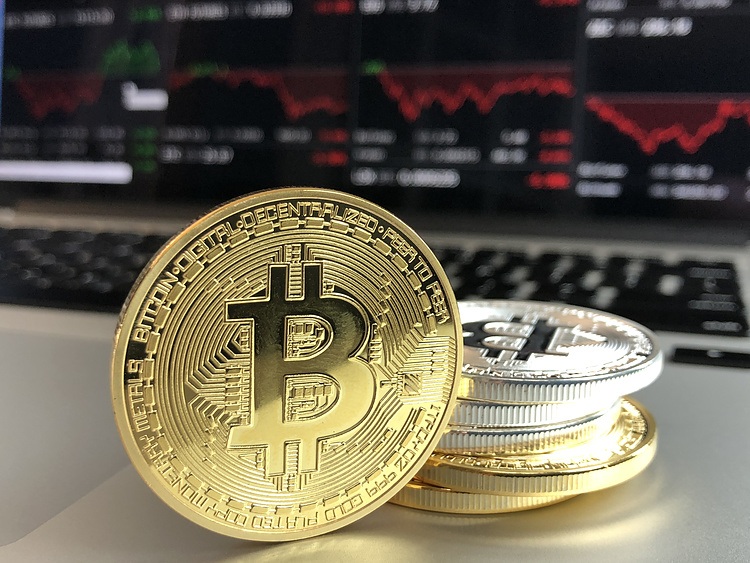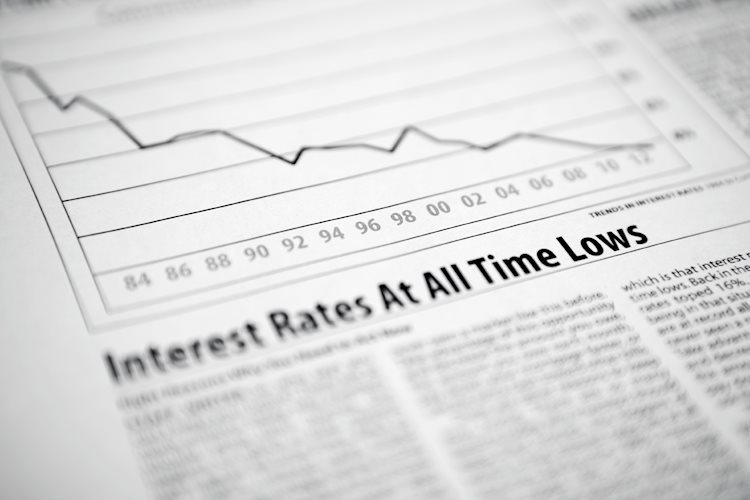If for you the reasons for how to create a value become mysterious if you find it difficult to understand the reasons why policymakers implement the current strategies and regulations on the world stage and if, in the end, it is difficult for you to choose ways in which you can ideally act in personal and professional life, for all these issues, the explanations may ultimately not be so enigmatic. To solve the puzzle of such questions, perhaps all you need to do is realize that in recent decades, but also in the decades to come, we will experience the widest and consequently perhaps the greatest revolution in human history.
It is a revolution that appears unique. Because this is the only revolution that can affect and be directly influenced by the participation of different entities in all corners of the world. That changes everything. It changes the way of creating value. It changes the way policies are implemented. Finally, it changes the way people act in their personal and professional lives worldwide.
All these concerns the Fourth Industrial Revolution and the great changes it brings. Because it is the revolution where people, businesses as well as their policies and actions are no longer based solely on broad communication, but on something much more. They are based on the interaction between different entities where everyone can be equally included in everything around the world. This is a huge change, which leads to a huge revolution.
In fact, it is a revolution that opens a new chapter in business, policy, action, and human development. This is because it is the revolution that emerges, through the interaction of the physical, the digital, the biological and the technological world. Operating all of these together, the fourth industrial revolution creates significant growth, but also multiple risks. The speed, breadth and depth of this revolution are due to the limitless interaction of all entities and so we come to realize that, the way countries are developing, the way organizations are creating value and the way people from all walks of life and can benefit from the results of this revolution is due to the fact that everything is connected in a way that no one is excluded.
It is the revolution that paves the way for a more inclusive, people-cantered global economy. With the use of cutting-edge technologies, interaction and combination of different entities is achieved, thus helping to solve the greatest challenges of humanity. After the end of the pandemic, this is how the economy will be restored: exploring the combination through the interaction of different entities using cutting-edge technologies at its farthest frontiers.
Exploring technology will help build the economy in ways that emphasize sustainability and improve both human and environmental health. State-of-the-art technologies will create resilience in the face of future crises, as they can strengthen government services, making infrastructure more efficient, including public transport and sustainable energy systems. The interaction that through cutting-edge technologies is the main component, located at the heart of the 4th Industrial Revolution, can expand training opportunities and promote ways for businesses to develop services for their customers that create real and lasting value.
State-of-the-art technologies, which are the spearhead of the fourth industrial revolution, must contribute to the general good, however, they require careful and well-thought-out regulation and supervision by those in charge. What is needed is a coordinated effort through regulatory and legal guidelines to create inclusive benefits. What is important is that everyone should be able to reap the benefits of innovation, technology and interactivity, regardless of gender, race or nationality. This is the key ingredient that will enhance respect for human dignity and build global trust. In essence, legal regulations must protect cutting-edge technologies from their weaknesses, as these weaknesses can pose a serious threat.
For example, the use of systems to determine the health of an individual is important to determine the health of the community as a whole, however, it raises privacy issues, and therefore it is necessary to provide those rules so that this information cannot be misused. Also, the use of big data and artificial intelligence to predict criminal activity tends to create multiple issues related to cultural and racial prejudices. What is important is to take precautionary measures to ensure that the adoption of any cutting-edge technology through the interconnection and combination provided by the Fourth Industrial Revolution does not allow the abuse of power, racism, and the expansion of wealth inequalities. While it must not allow the theft of livelihoods, protecting all those who are vulnerable.
The fourth industrial revolution affected people’s lifestyles as it created a great demand for new skills. The fact is that millions of jobs have lost and will be lost in the coming decades, but more and more jobs will be created, which, however, will require new skills. The change in the employment landscape will disrupt the business model, but productivity is expected to increase if the gaps between existing skills and those that are most desirable could be filled continuously.
The need to find effective ways to help employees develop new skills and reduce job losses is imperative. In previous industrial revolutions, it took decades to train those who would support the labour market that was necessary for an industrial revolution. But today such a relatively comfortable period of decades is not possible. In the new business model, the secret is for entrepreneurs not to see employees as a liability but to invest in them by seeing their human resources as a valuable asset. This attitude is imperative because the gap in knowledge and skills is what will exacerbate the challenges in the regulatory and management framework. Real solutions will require the development of preventive talent management strategies by companies, along with deep and ongoing dialogue and cooperation with the managers, governors and training providers.
The way in which the management and governing authorities will react to the changes that have taken place since the fourth industrial revolution is of crucial importance. Authorities are called upon not only to understand the significant technological developments that are taking place but also to be able to mitigate them so that they can take advantage of them to govern better. This will make managers, governors and authorities more accessible, transparent, and credible.
Rulers will have to support the transition that is taking place, completely changing their traditional approach to creating and enforcing the regulation, as they will need to focus more on security rather than holding back innovation. But this will require the authorities to create brand new tools to deal with the spread of new technologies, and so will need to work with experts who may also come from the private sector.
Only those who are open to new ideas will be able to find ways to rediscover themselves and what is born in order for them to better understand what they are regulating. The goal is to direct technological development in ways that improve each situation so that this improvement affects everyone in the same way.
In the new era that is emerging, people will increasingly recognize that the Fourth Industrial Revolution is based on databases that concern everyone, and this will be the source of innovation for a new type of government. Everyone will claim the data from these databases. Therefore, databases must be safe from cyberattacks, and they must be used only for the benefit of humans and not to their detriment.
The problem is that the same technologies that can improve trust, such as artificial intelligence and blockchain, can also destroy it. Traditionally, it has been governments and banks that play the role of “trustee”. But that is likely to change for both financial transactions and emerging digital identity models.
The types of innovation that will emerge in the future will be either those that will be directly linked to new scientific research or those that will emerge from the use of existing technology in new ways or even from developments in irrelevant fields. Some of the emerging technologies such as drones or 3D printing can create new markets and disrupt existing networks as they disrupt entire groups of industries. All of this will have profound implications for a wide variety of fields, including funding, research, and taxation.
The natural and biological worlds are merging in part because of the creation of new materials designed to mimic the biological world. New categories of recyclable materials are being discovered, paving the way for a more sustainable economy. New materials are now being used in medical implants, tissue engineering, and for the creation of artificial instruments, while 3D printing is increasingly used to create custom structures. The biological and digital worlds overlap, creating a controversial world in the field of genetic engineering. The biological and digital worlds also overlap in the form of sensors used to monitor health and behavior. Also for understanding brain activity.
Developments in digital systems, such as the application of cryptography to blockchain technology, now have an impact on the real world as they apply to document management and land management, but also to the creation of innovative financial products such as cryptocurrencies.
The innovation brought about by the Fourth Industrial Revolution, whether it is synthetic biology, quantum computing, or artificial intelligence, essentially redefines what it means to be human. New discoveries will lead to ethical dilemmas where new regulations and rules will be claimed. Many questions are likely to arise about human development and how societies should deal with machines, which are expected to have human qualities as they will have the ability to make decisions that even concern the choice between life or death.
Privacy, data security, and identity issues are becoming increasingly important for policymakers, regulators, and corporate leaders.
Artificial intelligence systems can be used in ways that threaten human rights and democratic values and can also adversely affect people’s social skills. As the face-to-face conversation, especially in the age of the pandemic, was practiced through online interaction, there are fears that people will begin to lose human communication as they lose contact with the eyes and body of their interlocutors. As time goes on there will be a growing need to ensure that this industrial revolution promotes and empowers the individual by recognizing technology as a tool to be built by people for people.
All the above show that we are in the middle of a great revolution that is taking place at a rapid pace. The challenges so the risks and opportunities are many. The pandemic has the characteristics that will reveal much of what will happen due to the fourth industrial revolution as it highlighted many of the main features of this revolution.
This is for sure: we are already in the new world of this revolution, which is expanding rapidly, creating strong growth through cutting-edge technologies for nations, businesses and markets. However, this revolution has taken us to uncharted seas, as the boundaries between humans and technology due to their deep and constant interactivity, lead to a post-human era that has not yet been perceived by most.
The fact is that this era creates huge opportunities. If the resulting risks can be mitigated by effective rules and regulations, then we are still at the beginning of a great global innovative, economic, business and market expansion, due to perhaps the greatest revolution in human history.





